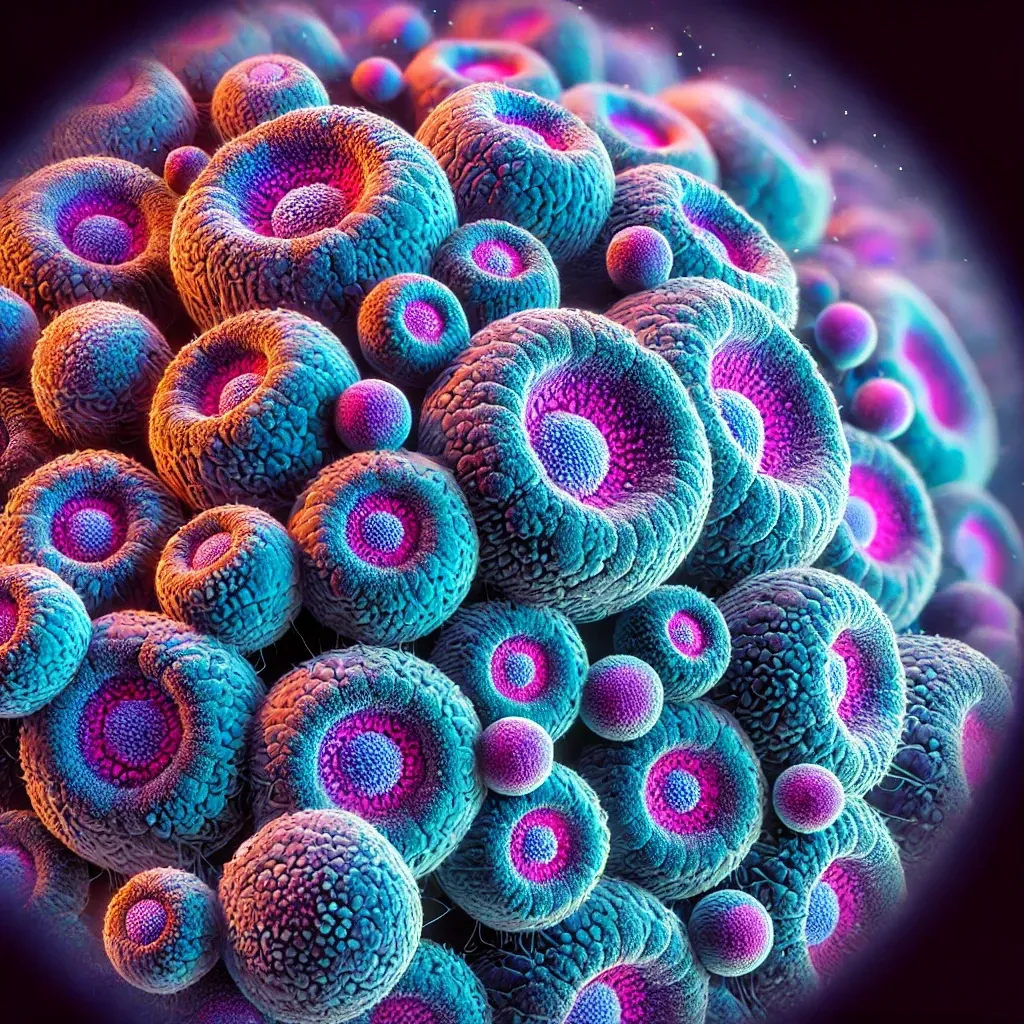Adrenal Health: A Direct Link to PTSD
Core endocrine features of PTSD include abnormal regulation of Cortisol and thyroid hormones.
Most individuals are aware of trauma’s effects on a person’s mental state--hyperarousal, reliving of traumatic events, avoidance--but not many are aware of the physical effects it takes on the body. During times of trauma, and the PTSD that may follow, an individual’s adrenal glands take a terrible toll. When the brain perceives a threat, the adrenals glands flood the body with adrenaline and cortisol hormones--our body’s natural “fight or flight” reaction. In individuals with PTSD, quite often military personal or first responders, this response happens over and over again, and this persistent state of hyperarousal can even lead to permanent neurological changes.
The adrenal system is responsible for processing stress hormones (cortisol and adrenaline), and the brain monitors the amount of cortisol the body requires. Cortisol helps regulate the immune system, blood sugar, and tendencies towards depression. Individuals with current onset PTSD are stuck in a state of stress, producing stress hormones at higher than normal levels. Individuals that have suffered from PTSD for a longer period have resting lower cortisol levels than normal, often seen in advanced HPA-D (adrenal fatigue) where energy levels crash from reduced adrenal function. This causes one to feel exhausted, fatigue, and stress overload.
The adrenal glands not only help regulate the body’s reaction to stress, but also produce hormones that regulate many of the body’s major processes.
The stress hormones help increase energy, increase blood sugar levels, and speed up circulation and respiration to help the body survive through fight or flight. The sex hormones produced by the adrenals (estrogen, progesterone and testosterone) are all critical for growth, metabolism, strength, endurance, mental drive, menstrual function, and reproductive ability. With the body continually thrown into overdrive, a several hormonal imbalance can ensue, affecting any number of bodily systems.
Most Veteran’s Affairs (VA) Hospitals are now being staffed with individuals that are well-versed in PTSD, however, many still do not understand the role the adrenal glands play. The Western medical community does not recognize HPA-D as an accepted diagnosis, even though the adrenal fatigue symptoms are significant enough to impair a person’s life following the experience or trauma.
Symptoms of HPA-D include: slow morning starter, insomnia, crave salty foods, tendency to need sunglasses, bright lights at night bother eyes, tend to be keyed up/trouble calming down, become dizzy when standing up suddenly, experience “hangry” hungry and/or angry if meals are missed (hypoglycemia).
If you experience any of the above symptoms, a lab-based adrenal testing via saliva or DUTCH urine can be performed to determine a full panel work up of hormone imbalance. Then adequate healing protocols using supplementation, diet, and lifestyle changes should be considered.
Adrenal restoration tips:
- Stress management
- Get adequate sleep. 7‐8 hours of sleep beginning at 10:00 p.m. is much more restoring to the adrenals than 8 hours beginning at 1:00 a.m. Nap, if needed, but not enough to interfere with night sleep.
- Practice relaxation techniques: Breathing or skilled relaxation exercises, listen to relaxation recordings, meditate, biofeedback
- Accept nurturing and affection
- Laugh
- Search out counseling
- Work with a skilled functional medicine nutritionist who can test your HPA and adrenal glands and write effective bio individual protocols for healing.
Changes in diet can help too:
- Eat whole foods
- Avoid refined sugar
- Avoid alcohol
- Make sure you’re getting adequate protein
- Eliminate/reduce caffeine
- Avoid all allergic foods such as gluten, soy, corn which can weaken the system and can be an adrenal stressor
- Fasting and detoxification/cleansing diets should be avoided, at least initially
Don't Miss Out!

Heidi Toy Functional Medicine Blog

Omega-3 and Omega-6 are considered “essential” fatty acids because they cannot be produced by the body--we get them from the food we eat. They are biologically active upon ingestion, which means the body utilizes them right away and cannot store them up for later. They are essential because they help with both inflammatory and anti-inflammatory responses.

One of the reasons fad diets often fail is because they are not sustainable. The other reason is because they usually harm different systems in the body as much as they are meant to help. As with all health issues, when it comes to diet, everything should be in moderation. The following five diet points all involve TOO much of a “good thing”:




















































































